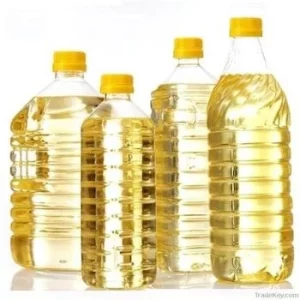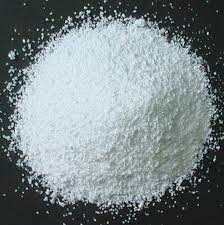
Welcome to CostaBull: Premium Products at Your Fingertips
Free Shipping
Above $999 Only
Original
100% Guarantee
Huge Savings
At Lowest Price
Easy Returns
No Questions Asked
Best Selling Products
Get 15% discounts on bulk orders!
Order Top Quality Products Now
At CostaBull, we offer a diverse range of premium products including high-quality spirits like Japanese Whisky, Scotch Whisky, and American Whiskey, as well as energy drinks, cigarettes, and cooking oils. Our collection features top brands such as Tincup, Buffalo Trace, and Red Bull, all available at the best prices. Enjoy free shipping on orders over $999, easy returns, and guaranteed 100% original products.
Why Choose CostaBull for Your Wholesale Needs? We are a trusted wholesale supplier offering products like whiskey, energy drinks, and cooking oils directly to consumers and businesses. Shop with us for unbeatable prices, fast delivery, and secure transactions.
Quality You Can Trust CostaBull prides itself on sourcing only the finest products. Whether you’re looking to buy whiskey online, bulk energy drinks, or refined cooking oils, you can count on us to meet your needs with quality products and exceptional customer service.
Trending Products
Featured Brands:












